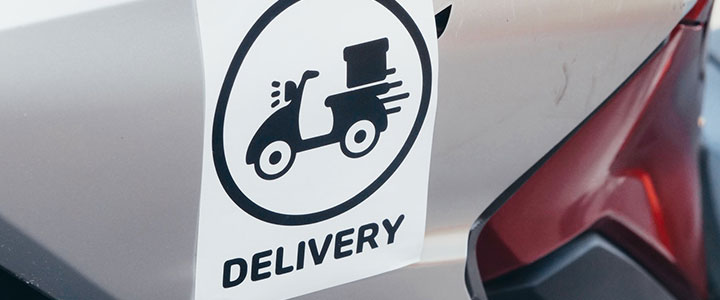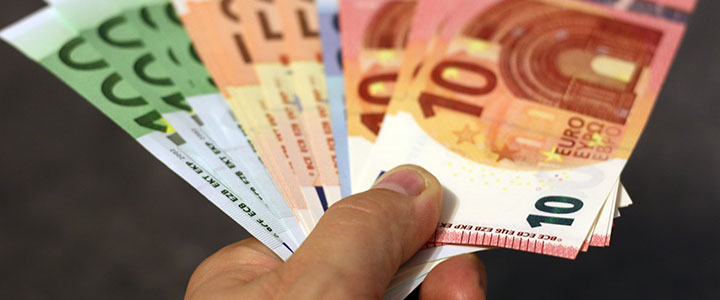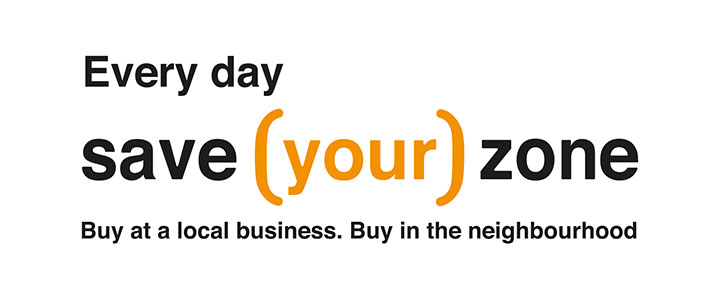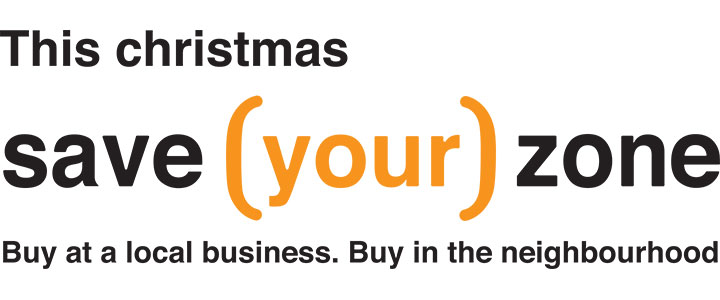A school year begins in September in which the educational community intends to leave the effects of the COVID-19 pandemic in the background and focus on what really matters: the education of citizens and professionals adapted to the challenges of a complex and technologised world.
Read moreBack to school with a pending subject: control of data











